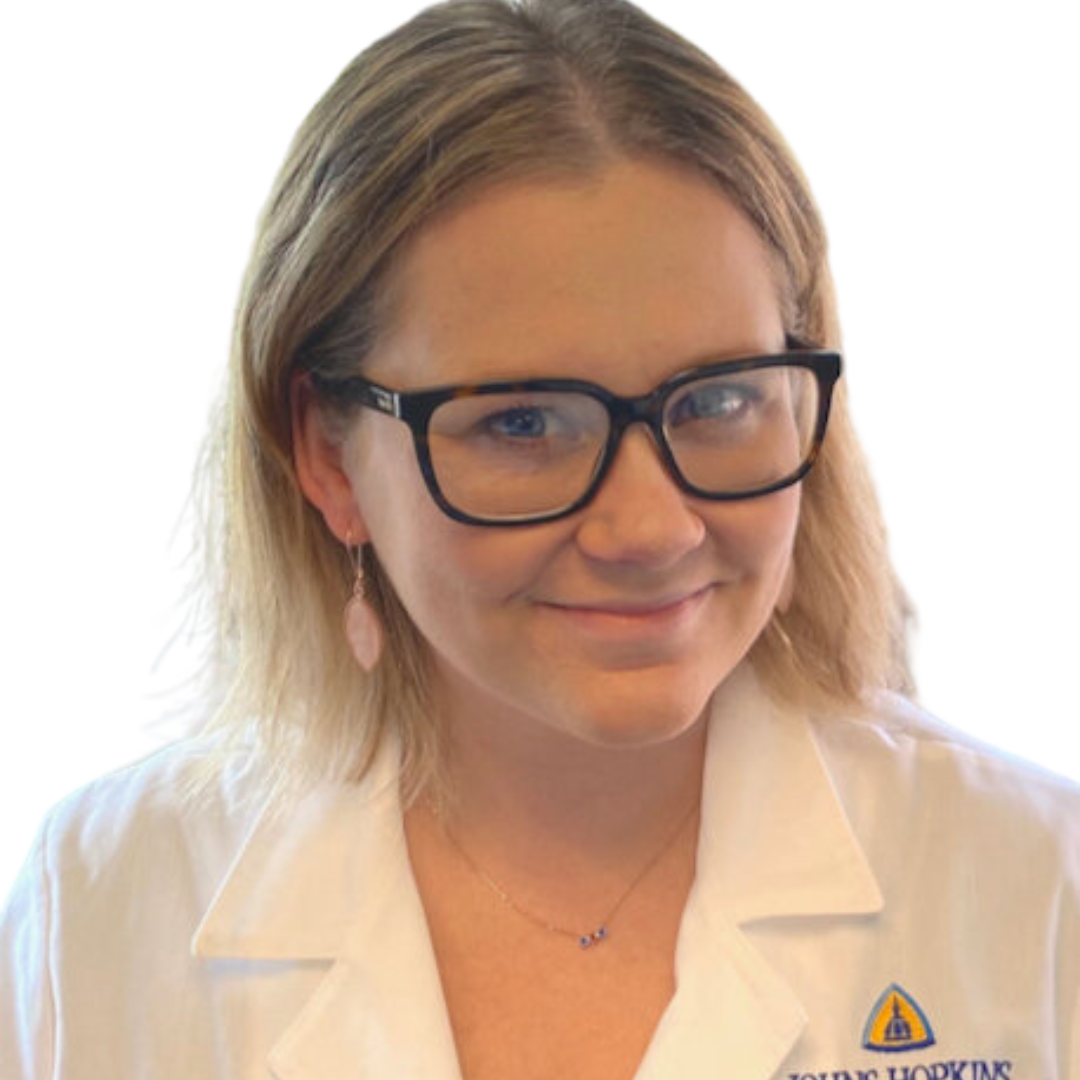Their Story
Dr. Kellie N. Smith, a Baltimore, MD native, completed her doctoral work at the University of Pittsburgh School of Medicine with a focus on T cell immunology and immunotherapy. During her fellowship training at Johns Hopkins, she worked under the mentorship of Dr. Drew M. Pardoll identifying the correlates of response to anti-PD-1 immunotherapy in patients with advanced non-small cell lung cancer. She joined the faculty in early 2016 and has since collaborated with Drs. Julie Brahmer and Patrick Forde on multiple lung cancer immunotherapy clinical trials aimed at improving treatment options, preventing disease recurrence, and understanding the predictors of response to treatment in both early and advanced stage lung cancer.
Grants Awarded
LCFA/IASLC 2016/2018 Lori Monroe Scholarships in Translational Lung Cancer Research
Dr. Kellie N. Smith, was chosen as one recipient of the LCFA/IASLC 2016 Lori Monroe Scholarships in Translational Lung Cancer Research which will provide her with $200,000 over 2 years to pursue her project in immunotherapy. Dr. Smith also received the 2018 Young Investigator Grant.
About the LCFA-Funded Research
Kellie's LCFA-funded project
The results from Dr. Smith’s work were used in her first R01 application, which was enthusiastically received by the NIH and was awarded. Additionally, her proposal was nominated for and received a MERIT Award, which provides 2 additional years of funding (7 years total). In addition, Dr. Smith has also used these findings to acquire funding from the American Lung Association and The Commonwealth Foundation, for a total of ~$2.5M


